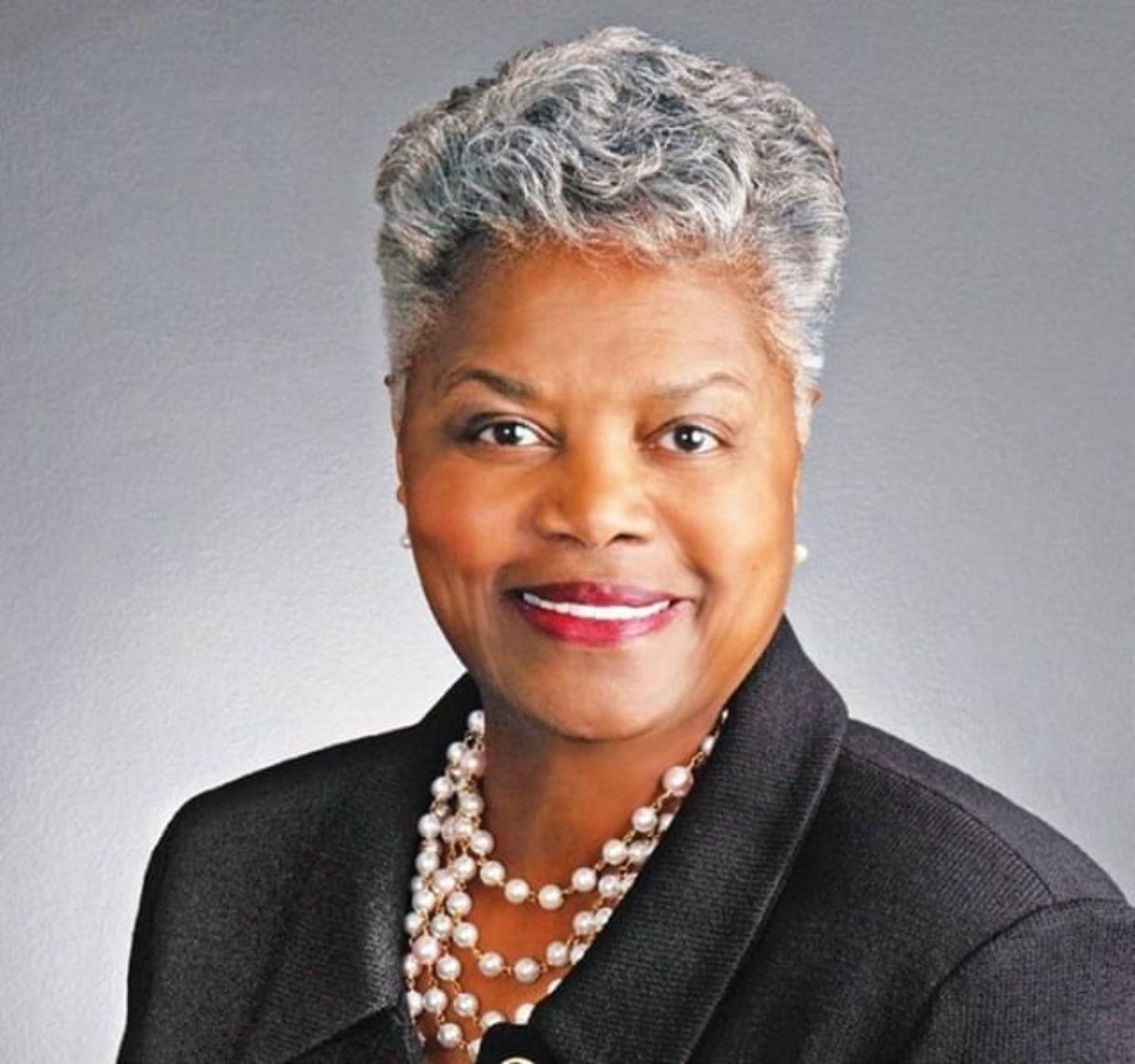 The inundation of hip-hop culture in particular, in the form of music and videos is having a significant impact on the behavior of a sizable portion of African American youth and young adults. However questions remaining regarding the extent to which messages proffered in hip-hop music contribute to problem behaviors displayed by young African Americans. To address this I spoke with noted clinical child psychologist Dr. Christopher Bass.
The inundation of hip-hop culture in particular, in the form of music and videos is having a significant impact on the behavior of a sizable portion of African American youth and young adults. However questions remaining regarding the extent to which messages proffered in hip-hop music contribute to problem behaviors displayed by young African Americans. To address this I spoke with noted clinical child psychologist Dr. Christopher Bass.
Dr. Bass is originally from Washington D.C., and is a graduate of both Clark Atlanta University and the University of Wisconsin. Clinically he has served in a variety of posts including; a clinical director of The Pines Residential Treatment Center, clinical psychologist at The Therapy Center, psychologist for the City of Atlanta and psychological specialist at The Bass Medical and Psychological Consultants firm LLC.
His primary focus is developing culturally relevant treatment methods for African American late adolescents suffering with symptoms of personality dislocation and disorder. A secondary focus includes treatment of sexual and aggressive reactive disorders. In addition to these, he has worked with a number of clinically recognized mental disorders. He is a member of the National Association of Behavioral Analysts, the American Psychological Association and serves as an Ambassador with the National Health Services Corps.
As a psychologist, what are your concerns about the level and extent to which our youth are exposed to most hip hop music?
First, I see a great opportunity for the hip-hop genre globally and rap music specifically to stimulate the minds of youth. Historically, we as a people were discouraged from learning to read and write. This apparently was done to stunt progression and power. Reading and writing are powerful tools that can impact the present and future. Simply put, words have power. Hip-hop and rap music utilize the interplay between vocabulary and cadence. So this interplay combined with repetition can produce mesmerizing effects. Rap was created in the late 1970’s as a medium to entertain, but there was also a force within the hip-hop community that intended to teach as well. Common things taught were explaining the difficulties of living in many of the country’s urban centers … and warnings against negativistic behaviors. Today rap music continues the goals of entertainment and education. But unlike the golden years of the genre, capitalism, misogyny and the invalidity of educational attainment are becoming more of the norm. With positive, progressive lyrics and used the right way, rap music allows the listener to develop critical thinking skills, advancement with vocabulary, and at the same time instill a sense of power and bravado synonymous with the art form. Contrarily, if youth are overexposed to negative lyrics which promote illogical belief sets and distorted views of masculinity and femininity, identity formation can be thwarted. If not counterbalanced, schema’s of positivity and negativity, progression and stagnation, merge into confusion.
What is the negative impact on our youth as individuals and our communities via the incessant exposure to the behaviors promulgated in modern hip-hop music, or at least the music that receives most of the radio air play?
The most negative impact is the confusion of entertainment, fantasy and reality. Once reality becomes distorted, behaviors become consistent with the fantasy and not with progressive reality. The music that receives the most airplay typically plays heavy on fantasy and less on reality, i.e. ‘I have 5 houses, 6 cars and money to burn.’ Many of the messages that youngsters gravitate to are images of rebellion and fantasy. Incessant exposure reinforces illogical mental processes.
What advice can you give parents in terms of recognizing warning signs that may place their children at risk for negative outcomes associated with living vicariously through music?
Listen to your children. Many children code switch … Be cognizant of how they talk with their friends. Be aware of how they dress and the images that draw their attention. Talk to your children about things that they hear and see in school environments. If your child takes on the position of secrecy, this is usually a sign that there is something to hide. I believe that children are inherently good. This is not accepted universally in the academic community. But, if we take this position instead of the inverse we treat oor children differently. When we treat our children in certain ways, they tend to react in kind. If your child looks at rappers or other entertainers to teach them about themselves, the balance is off. Nothing can stand without balance.
Recently a young girl was caught performing oral sex on a young man on a school ground in Baltimore. Do you think this is a consequence of the behaviors promoted in hip-hop culture and what does that say about the behaviors of our children and the impact of this music, if any on behavior.
This was an unfortunate event that is becoming all too common with our youth. I will not blame hip-hop or rap music in its entirety for events like this. I believe to do that is short-sighted. I would point the flashlight at moral development usually taught by parents and caregivers. It appears that there may have been some mechanism, not fully functioning at home which could have contributed to this lapse in judgment. As puberty is beginning earlier and earlier, many youngsters may find themselves with the tools, but not the intellect or maturity to use it effectively. A lack of maturity may be more to blame than the culture of hip-hop. However, with its misogynistic language and images, hip-hop is not totally off the hook. This event is tragic, but it is very consistent with what is talked about in many rap songs. Women are often portrayed as having lost morals and ethics. From a paternalistic society, it makes sense, when we talk about fantasy. It’s been shown that males think about sexual intercourse significantly more so than women. When we talk about reality, this is not the norm, it’s the exception. –torrance stephens, Ph.D.
Follow Dr. Stephens on www.twitter.com/rawdawgbuffalo his blog is https://rawdawgb.blogspot.com/












